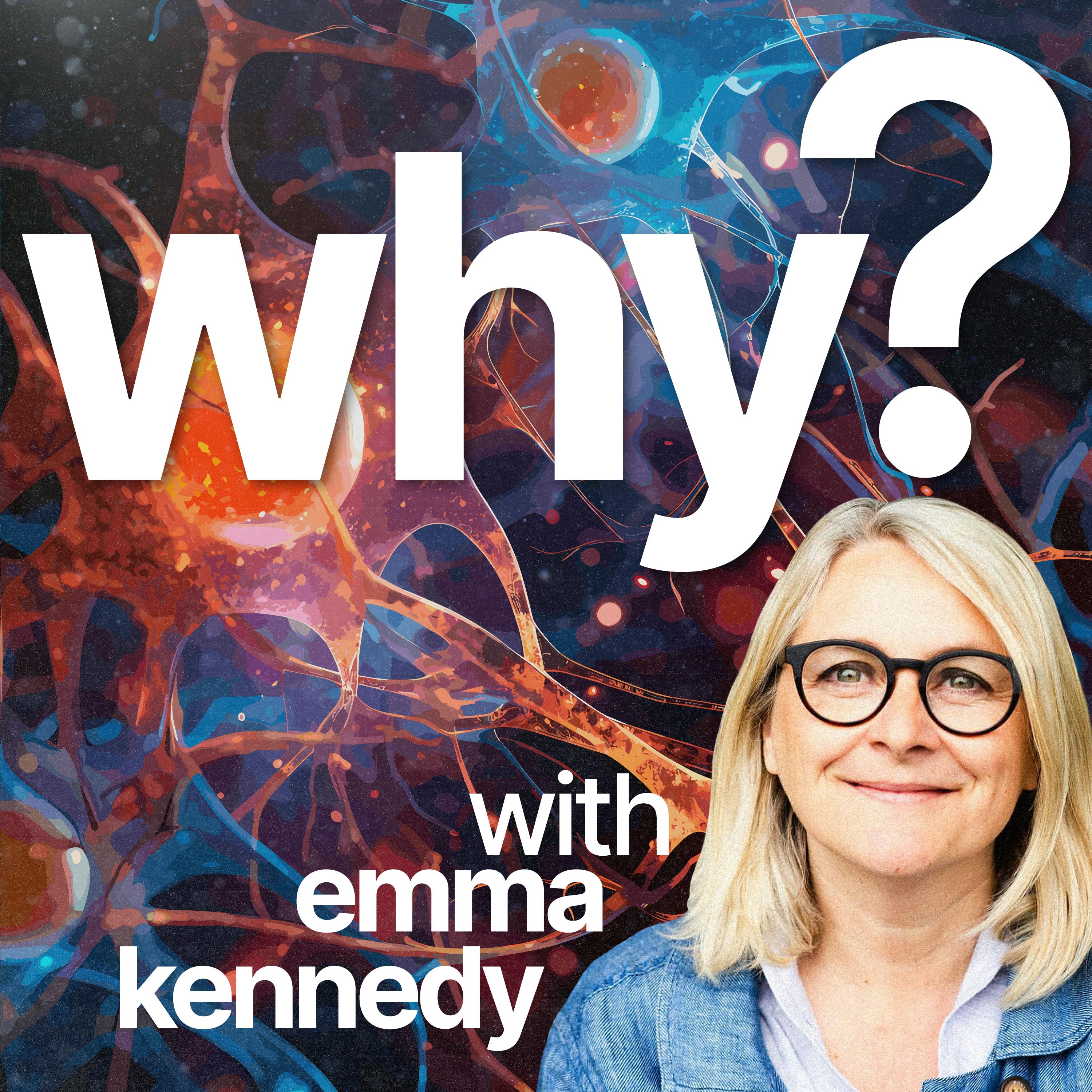Am I living in a hallucination?
Description
You can trust what’s in front of your eyes, right? Turns out… not really. Everything we see is processed through a filter of our prior expectations. Our brains fill the gaps in the data they receive to create a “reality” that we can understand. If everything we see and hear is just a construct, are we all living in our own hallucinations?
Anil Seth, Professor of Cognitive and Computational Neuroscience at the University of Sussex and author of Being You: A New Science of Consciousness, explains our world of illusions to Olly Mann.
• “There is a real world out there – but we experience it as a construction. We never experience things as they really are. We experience the world as WE are, not as IT is.” – Anil Seth
• “We think our brains are ‘reading out’ the world but it is totally the other way around… The brain is continually making predictions about what is out there.” – Anil Seth
Buy Being You: A New Science of Consciousness through our affiliate bookshop and you’ll help fund WHY? by earning us a small commission for every sale. Bookshop.org’s fees help support independent bookshops too.
https://uk.bookshop.org/a/13277/9781399804516
WHY? is written and presented by Olly Mann. Produced by Anne-Marie Luff and Eliza Davis Beard. Audio production by Jade Bailey. Managing editor: Jacob Jarvis. Group Editor: Andrew Harrison. Artwork by James Parrett. Music by DJ Food. WHY? is a Podmasters Production.
Instagram | Twitter
Learn more about your ad choices. Visit podcastchoices.com/adchoices
More Episodes
Many of us are obsessed with true crime documentaries and podcasts, and actively seek out the most gruesome details of horrific murder, torture and kidnapping. It’s all pretty horrible – so why are we drawn to it? Does ‘evil’ really exist – and if so, what does it look like? Are people born evil...
Published 11/14/24
Published 11/14/24
Most of us could list a few physical attributes for our ideal romantic partner – like preferring blondes or men over 6ft tall. But is having a ‘type’ real? If so, how does it develop? Is it biological, or socially constructed? And is the rhetoric of ‘types’ actually dangerous?
Emma Kennedy...
Published 11/07/24


